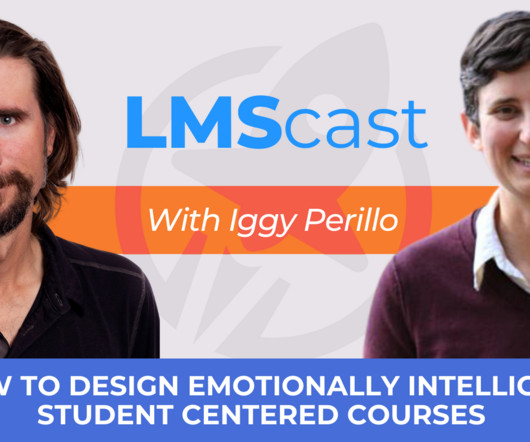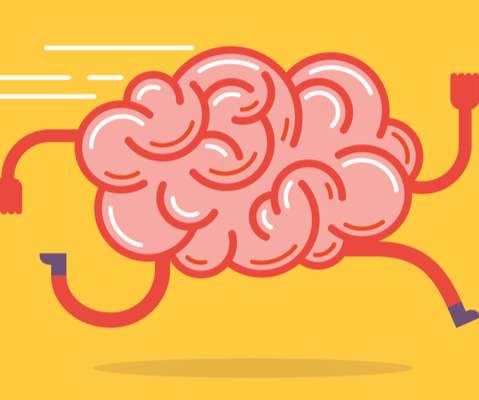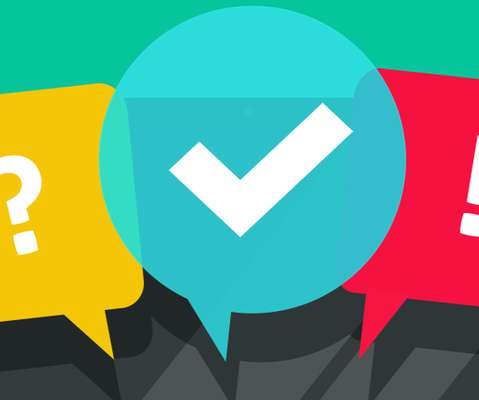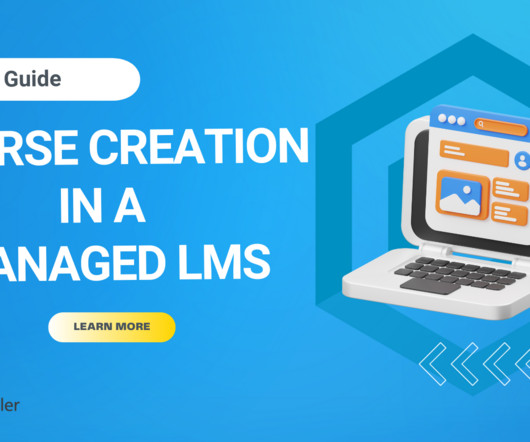Andragogy vs Pedagogy
Clark Quinn
APRIL 13, 2021
Asked about why I used the word pedagogy instead of andragogy, I think it’s worth elaborating (since I already had in my reply ;) and sharing. So here’s my analysis of andragogy vs pedagogy. “Only two things wrong in education these days, the curriculum and the pedagogy, other than that we’re fine.”






































Let's personalize your content